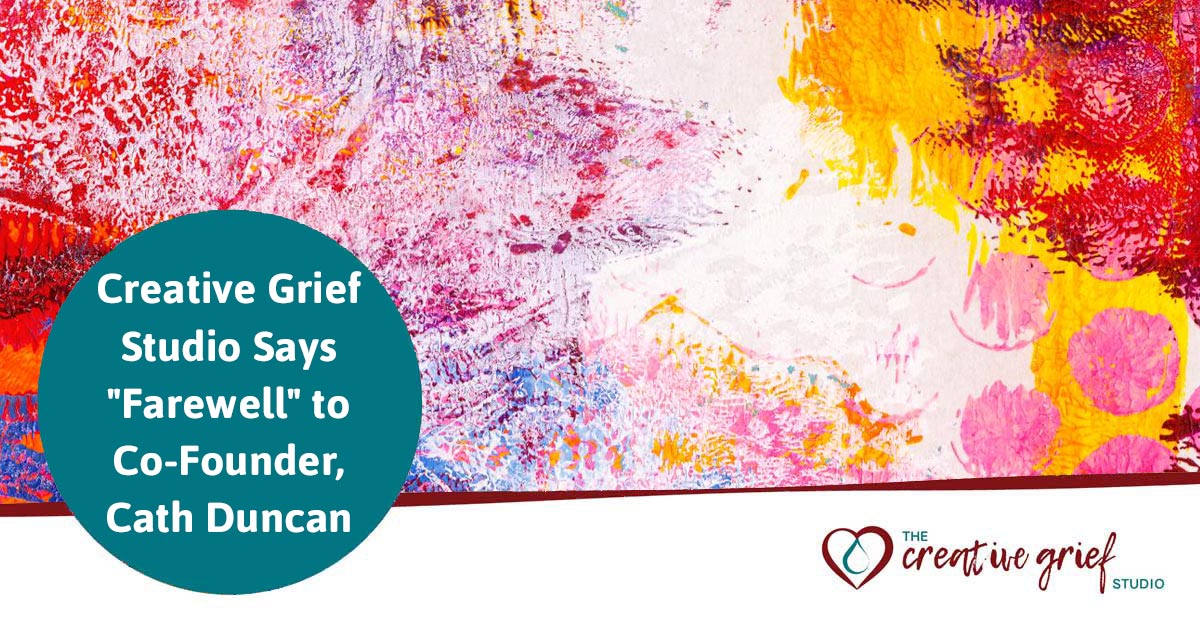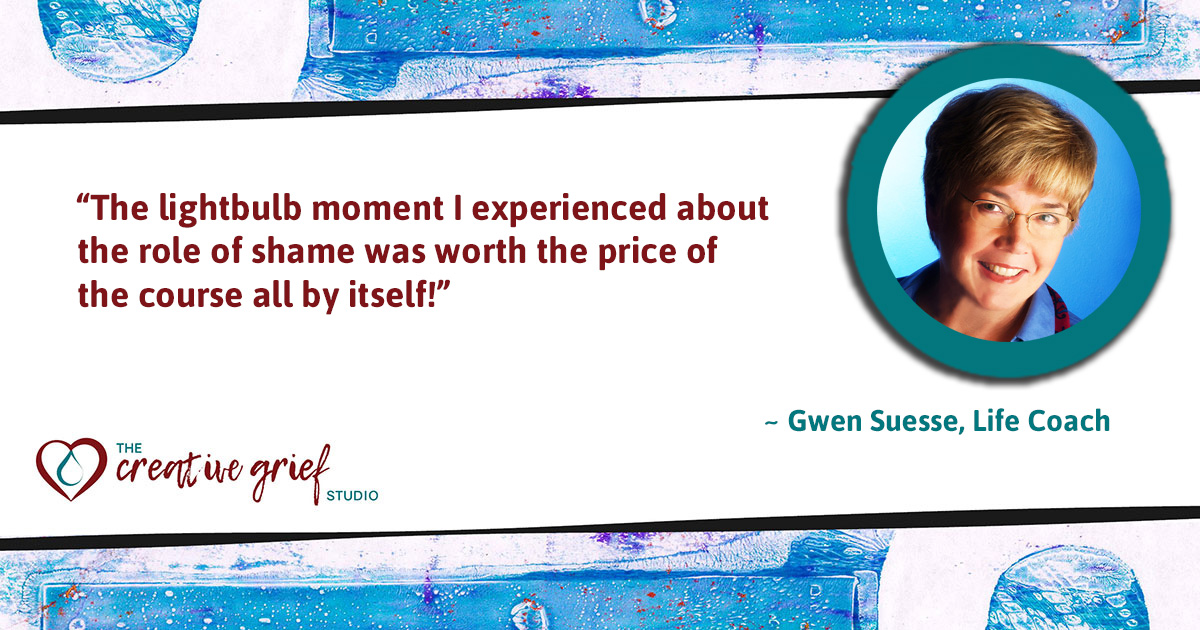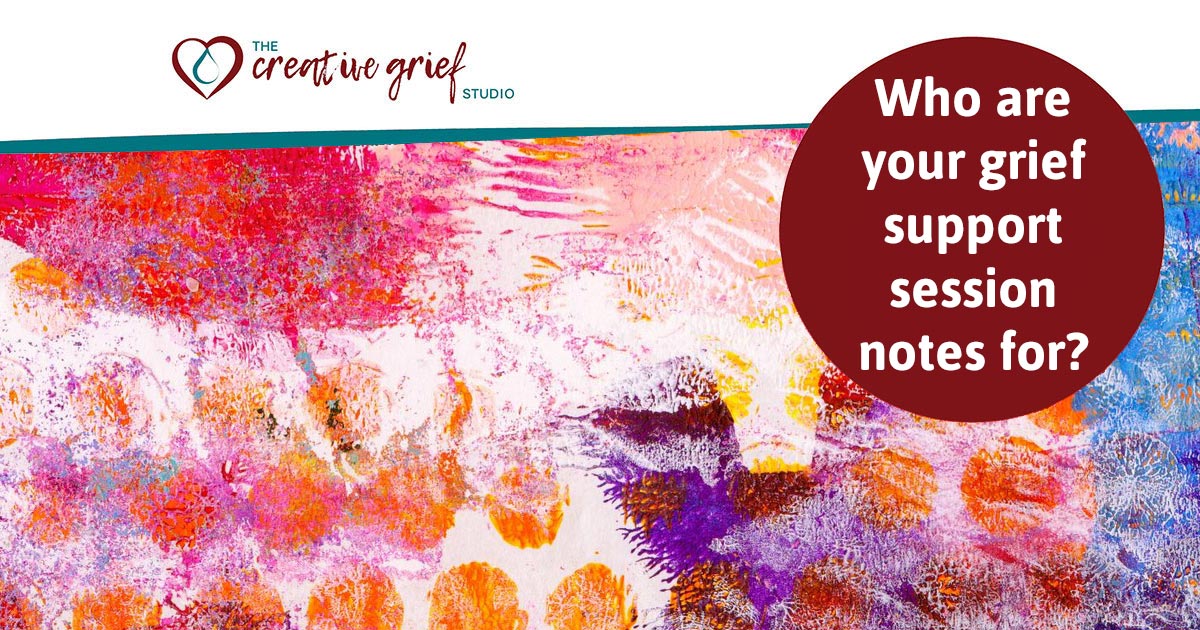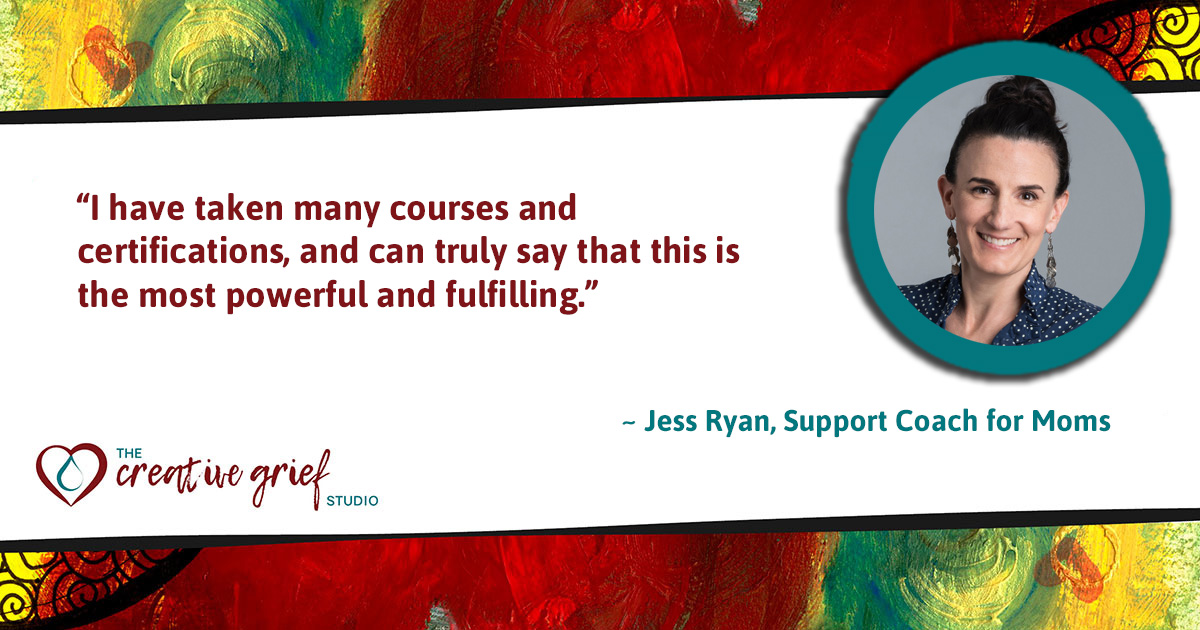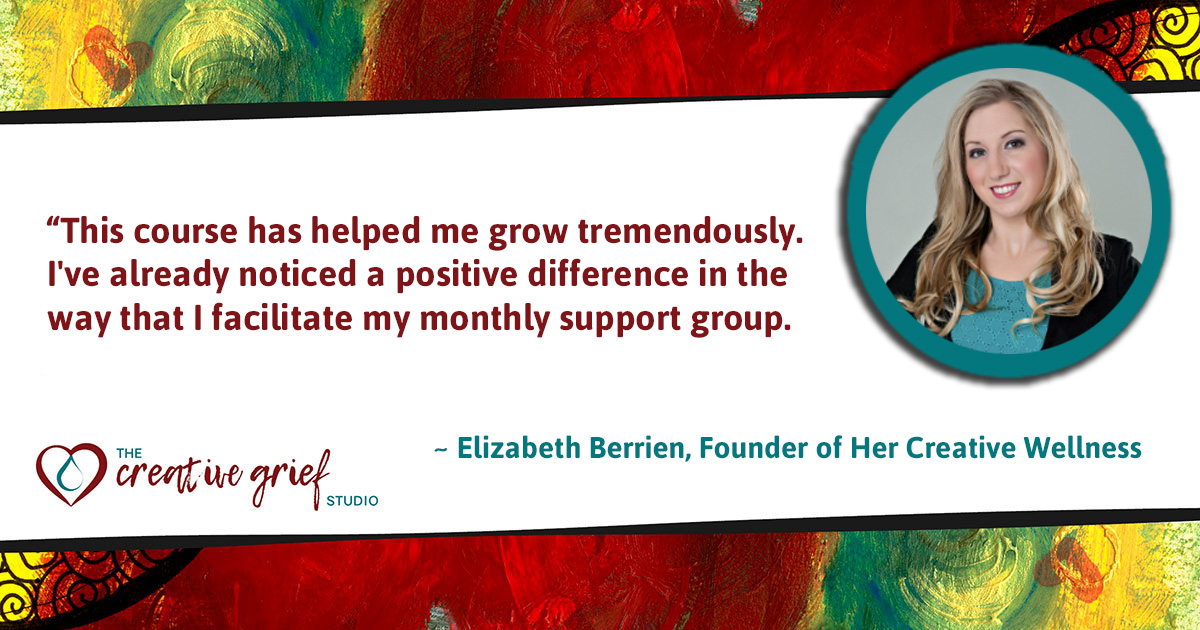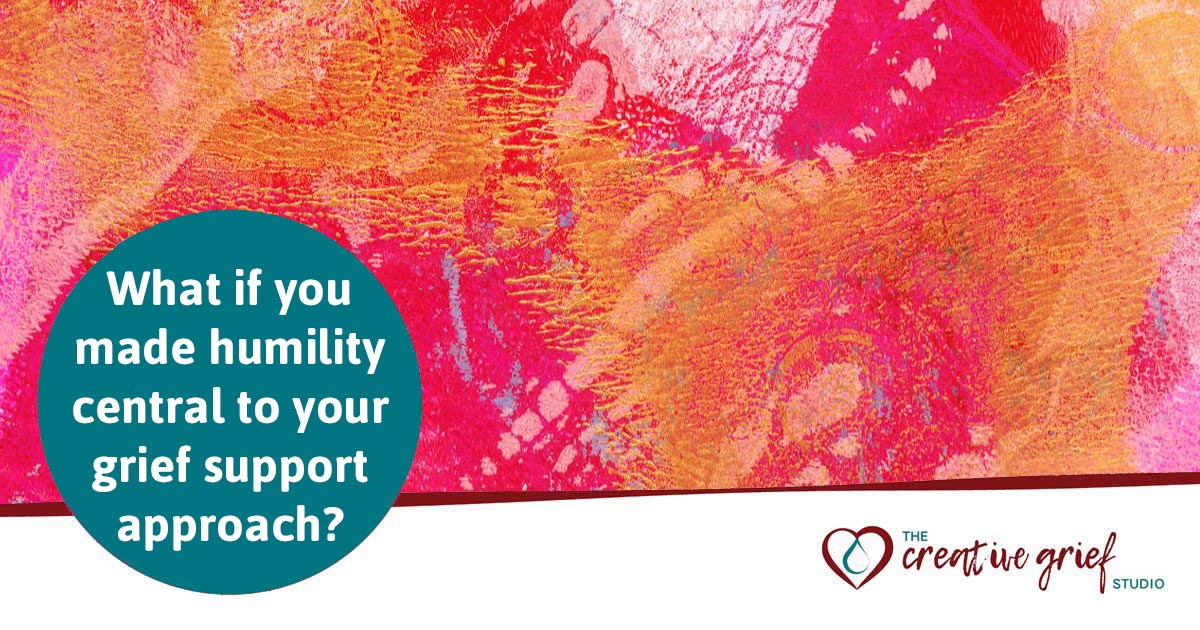
by Kara Jones | Dec 15, 2019 | Certification in Creative Grief Support, Co-Founders Experiences
The Creative Grief Studio Bids “Farewell” to Co-Founder, Cath Duncan Cath Ducan and Kara LC Jones launched the Creative Grief Studio together in 2011. They were two bereaved mothers who found each other online, and brought together their personal...

by Kara Jones | Jul 9, 2019 | Alumni Experiences, Certification in Creative Grief Support
“The lightbulb moment I experienced about the role of shame was worth the price of the course all by itself! That single thought changed my point of view, and helped me immeasurably. So many of the things we read will also enhance my regular coaching practice. I...

by Kara Jones | Jun 17, 2019 | Certification in Creative Grief Support, Creative Grief Support Prompts, Reflect on Your Grief Support Practice
Our students often ask for recommendations on the “best way” to take notes during or after grief support conversations. We love that the main concern that question seems to come out of is something along the lines of, “How do I be both a diligent note-keeper, and also...

by Kara Jones | Jun 11, 2019 | Alumni Experiences, Certification in Creative Grief Support
“I initially had some hesitation signing up for this course because I have not experienced grief in the form of loss of a close loved one. However, I saw so many parallels between grief due to bereavement and my own grieving over losses due to depression and...

by Kara Jones | May 14, 2019 | Alumni Experiences, Certification in Creative Grief Support
“This course has helped me grow tremendously. I’ve already noticed a positive difference in the way that I facilitate my monthly support group. I have always considered becoming a coach, and the fact that this was specifically about issues surrounding...

by Kara Jones | May 6, 2019 | Certification in Creative Grief Support, Creative Grief Support Prompts, Lit Review, Reflect on Your Grief Support Practice
“Narrative humility allows clinicians to recognise that each story we hear holds elements that are unfamiliar – be they cultural, socio-economic, sexual, religious, or idiosyncratically personal. Assuming that our reading of any patient’s story is the definitive...
